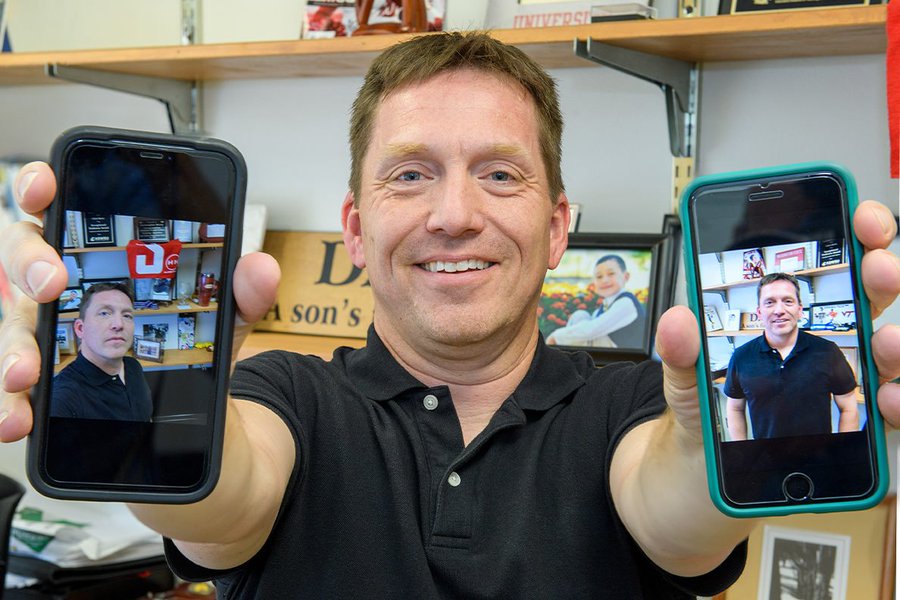Easy on the Selfies...!
"Even when two feeds had similar content, such as depictions of achievement or travel, feelings about the person who posted selfies were negative and feelings about the person who posted posies were positive."
"It shows there are certain visual cues, independent of context, that elicit either a positive or negative response on social media."
"[Several studies found no correlation with selfie posters and narcissistic personality traits in response to affirmative reactions to] 'I like to look in the mirror', 'people like to hear my stories', and 'the world would be better if I ran it'."
"While the findings of this study are just a small piece of the puzzle, they may be important to keep in mind before you make that next post."
Chris Barry, psychology professor, Washington State University
 |
| Those who post more selfies are seen as less likeable, a new study finds |
A new study out of Washington State University led by psychologist Chris Barry, to see publication shortly in the Journal of Research in Personality, points to the personality type of those who take selfies and post them incessantly for the obvious purpose of drawing positive attention to themselves. What the study concludes is that those who tend to post selfies are not quite positive about themselves, they quaver with insecurity. Aside from being afflicted with an unhealthy dose of egotism, presumably,
Even while the selfie-posters are under the illusion that they are making a positive impact with their endless postings they tend in reality to be viewed as somewhat unlikable, less successful, tending more toward insecurity than people who tended to post what are called "posies", photographs of themselves that have the appearance of traditional photos, generally taken by other people. Clearly, the impression being made with the posting of selfies runs counter to what people intend, hoping for plaudits not put-downs.
Professor Barry enlisted WSU students along with collaborators from the University of Southern Mississippi in the design of a project whose purpose was to measure judgements of photos posted on Instagram. Thirty students at the Mississippi school were asked to complete personality questionnaires, allowing researchers to make use of their 30 most recent Instagram posts. The 900 images that resulted, minus hashtags, captions and user data were then shown to 119 WSU students asked to rate the profiles on 13 attributes.
While cautioning that people are motivated for various idiosyncratic reasons to post on social media, Dr. Barry felt that the study's findings might prove useful to people as a lesson in how they might be perceived based on their selfie habit and recommends that those without a companion to help snap photos might wish to make use of a self-timer on their cameras to create some physical distance, for the illusion of being photographed rather than being selfied.
That such photographs, irrespective of whether taken by someone else or through the medium of a timer, tend to be more positively received by a viewer who then would be less critical of the presumed personality of the photo-taker as opposed to the selfie-addicted.
 |
| WSU News |
Labels: Perception, Personality, Research, Selfies, Social Media

0 Comments:
Post a Comment
<< Home